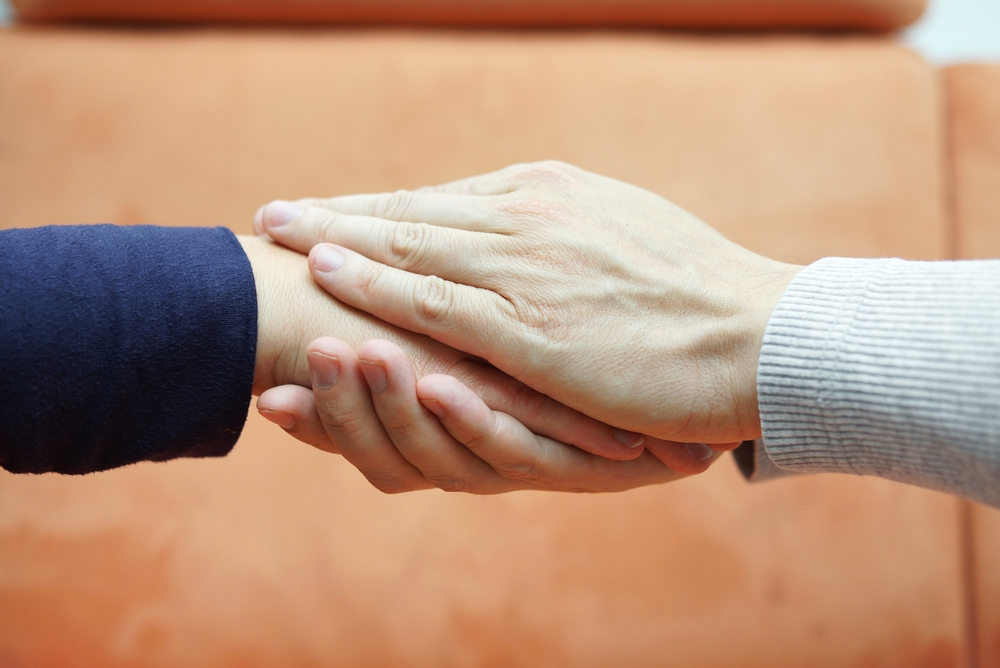When things do not go as we planned, we try our best to change the situation for the better. At least that’s what we like to tell ourselves.
However, research on learned helpless shows that if we believe that the situation is out of our control then we give up and simply accept whatever comes our way.
Defining Learned Helplessness
Learned helplessness occurs when an animal is repeatedly subjected to an aversive stimuli, that it cannot avoid or escape. Eventually, the animal will stop making any efforts to improve the situation, making itself believe that it has no control over the stimulus. Even when the animal is presented with opportunities to escape, it does not do anything with them.
Discovery of Learned Helplessness
Psychologists Martin Seligman and Steven F. Maier discovered the concept accidentally. They had initially observed helpless behavior in dogs that were classically conditioned to expect an electrical shock after hearing a tone.
Later, these very dogs were placed in a shuttlebox that contained two sides separated by a low fence. The floor was electrified on one side but not on the other. The dogs who had been classically conditioned made no attempt to escape the shock even though it involved a small jump over the fence because they had learned from the first half of the experiment (involving classical conditioning) that they could do nothing to escape the aversive stimuli.
However, when the experimenters tried the same shuttle box experiment with a group of dogs who had not been classically conditioned to associate the tone with an electrical shock, these dogs quickly jumped over to the other side to avoid the shock. They acted this way because their past had not ruled them helpless in the face of the shock.
The former was a case of learned helplessness unlike the latter.
Learned Helplessness In Humans
The concept is strongly tied to animal psychology. However, it can be applied to a lot many situations involving humans.
Think of a child who has been repeatedly scoring poor marks on an algebra test. Over time, he will start believing that no matter what he does, the score will not improve. So whenever he will be presented with a situation involving the use of algebra, he will simply raise his hands.
Imagine a woman who finds it extremely hard to interact with others at parties. As time passes, she will start telling herself that nothing is likely to help her cause – not the expensive dresses or the communication classes she attended or the presents she brought for the host. This belief will eventually make her shyness even more pronounced.
We have all been in a situation where we’ve eventually told ourselves that it is better to give up, after repeatedly performing poorly (or not upto our own expectations) at it. And that is a clear case of learned helplessness.
In the next part of this article, we will be looking at what makes one more susceptible to learned helplessness, how this behaviour affects one’s headspace and how we can overcome this sort of helplessness!
Happy Ho provides best Meditation and Tarot classes in Noida and Delhi NCR India area





